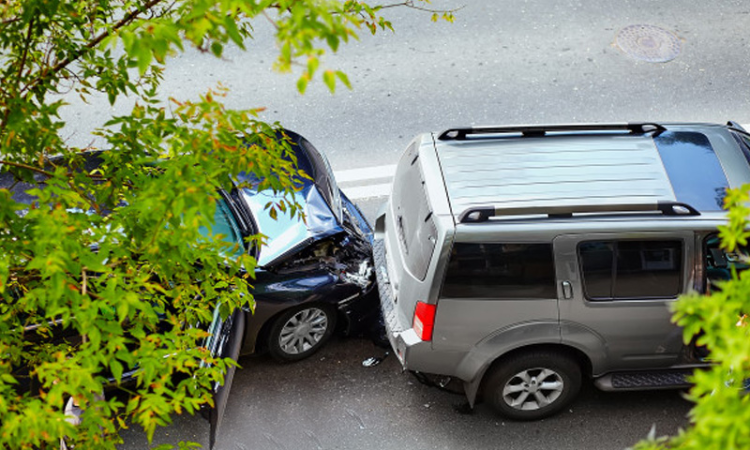The Kerala High Court recently held that an accident could be said to have arisen 'out of the use of' a vehicle that had been stationary at the relevant time, in order to prove a claim under Section 163A of the Motor Vehicles Act, 1988 (hereinafter, 'MV Act, 1988'). Although the Single Judge Bench of Justice Sophy Thomas dismissed the appeal against the order of the Motor Accidents...

